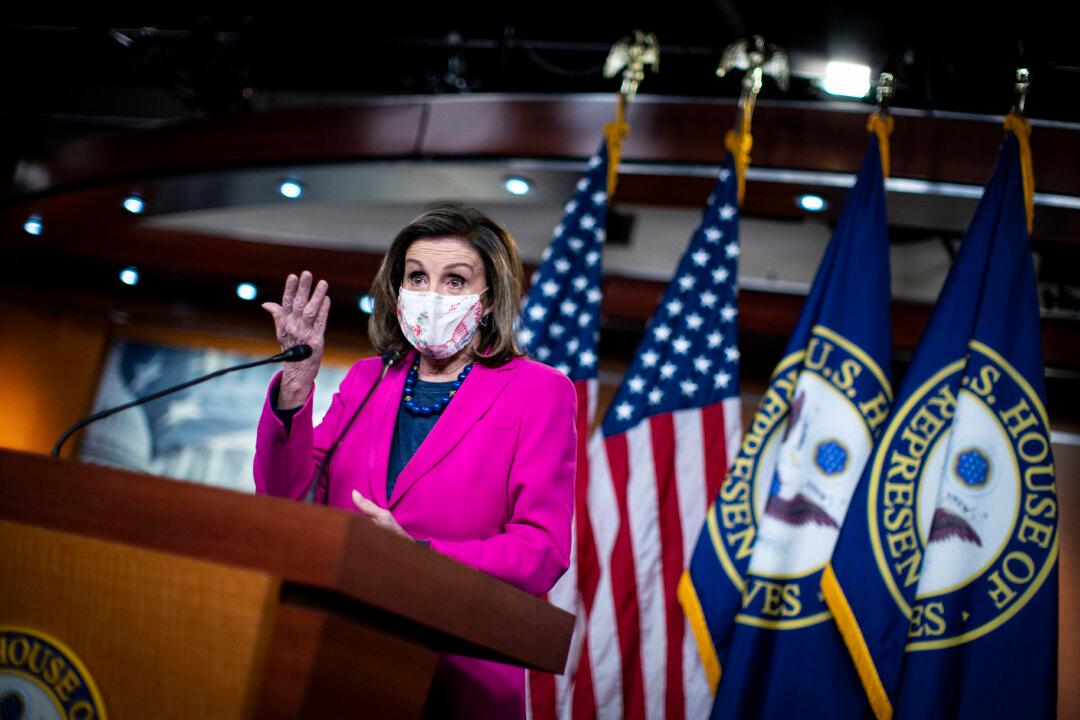WASHINGTON—House Speaker Nancy Pelosi (D-Calif.) said on Feb. 25 that there’s a “very strong argument” to include the minimum wage increase in President Joe Biden’s economic rescue package. She expressed confidence that the $15 national minimum wage will pass Congress despite growing objections.
“I feel that we have a very strong argument and we have a very big need in our country to pass the minimum wage,” Pelosi said during a press conference.





